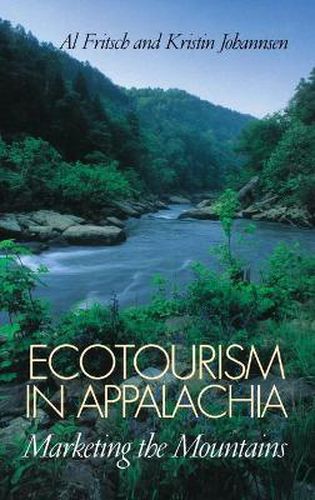Readings Newsletter
Become a Readings Member to make your shopping experience even easier.
Sign in or sign up for free!
You’re not far away from qualifying for FREE standard shipping within Australia
You’ve qualified for FREE standard shipping within Australia
The cart is loading…






Tourism is the world’s largest industry, and ecotourism is rapidly emerging as its fastest growing segment. As interest in nature travel increases, so does concern for conservation of the environment and the well-being of local peoples and cultures. Appalachia seems an ideal destination for ecotourists, with its rugged mountains, uniquely diverse forests, wild rivers, and lively arts culture. And ecotourism promises much for the region: protecting the environment while bringing income to disadvantaged communities. But can these promises be kept? Ecotourism in Appalachia examines both the potential and the threats that tourism holds for Central Appalachia. The authors draw lessons from destinations that have suffered from the tourist trap syndrome, including Nepal and Hawaii. They conclude that only carefully regulated and locally controlled tourism can play a positive role in Appalachia’s economic development.
$9.00 standard shipping within Australia
FREE standard shipping within Australia for orders over $100.00
Express & International shipping calculated at checkout
Tourism is the world’s largest industry, and ecotourism is rapidly emerging as its fastest growing segment. As interest in nature travel increases, so does concern for conservation of the environment and the well-being of local peoples and cultures. Appalachia seems an ideal destination for ecotourists, with its rugged mountains, uniquely diverse forests, wild rivers, and lively arts culture. And ecotourism promises much for the region: protecting the environment while bringing income to disadvantaged communities. But can these promises be kept? Ecotourism in Appalachia examines both the potential and the threats that tourism holds for Central Appalachia. The authors draw lessons from destinations that have suffered from the tourist trap syndrome, including Nepal and Hawaii. They conclude that only carefully regulated and locally controlled tourism can play a positive role in Appalachia’s economic development.